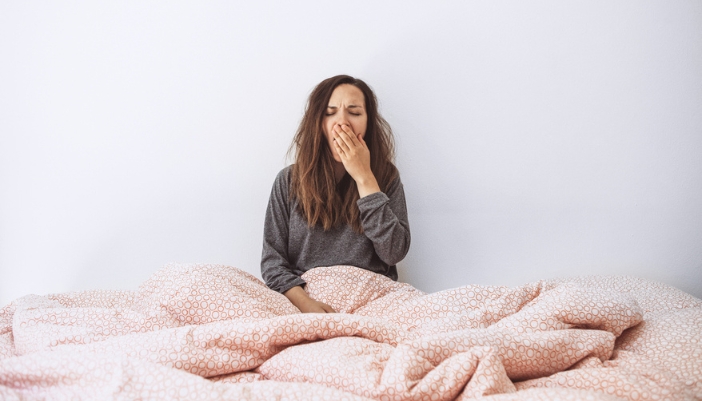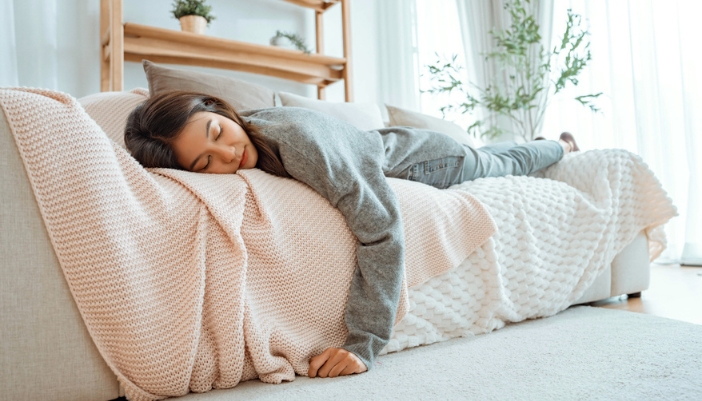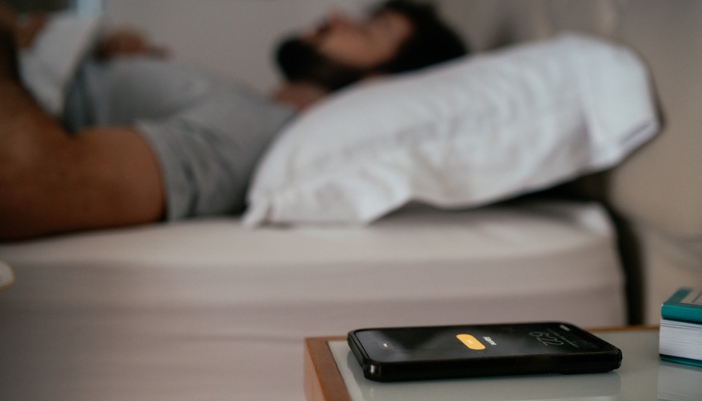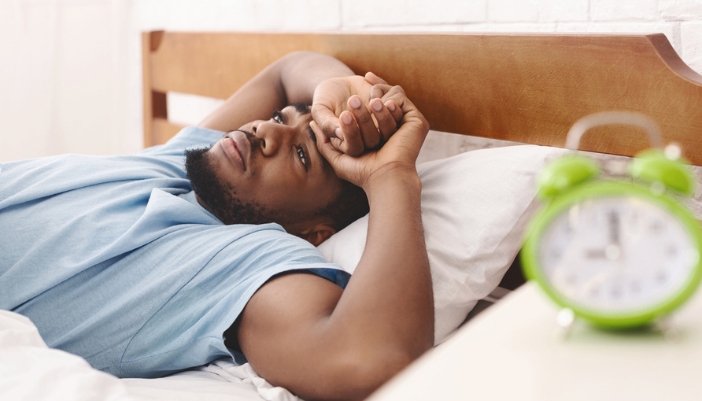You know that feeling when you close your eyes for a "quick nap" and wake up two hours later wondering what year it is? Or maybe you avoid naps altogether because someone once told you they're a productivity killer. The thing is, naps aren't the enemy—bad naps are. If you've ever been confused about how or when to nap, you're not alone. Our experts at Sav-Mart have helped plenty of people find the right balance between naps and nighttime sleep, and now it's your turn!

Common Napping Myths and Where They Come From
Naps get a bad rap. Some people see them as mini-vacations for the lazy, while others fear they'll wake up groggy and disoriented. But here's the thing: most of what we think we know about napping is based on myths that don't hold up under the microscope of science. Let's set the record straight so you can snooze without guilt.
Myth #1: Napping is for Lazy People
This myth has roots in productivity-driven societies where "hustling" is worn like a badge of honor. The Industrial Revolution, for instance, helped popularize the idea that working long hours without breaks was the key to success. But if we take a step back, cultures like Spain and Italy have embraced midday rest for centuries, believing it restores focus and productivity. Even powerhouses like NASA encourage short naps for pilots and astronauts to boost performance. The truth? Naps aren't lazy—they're strategic.
Myth #2: Naps Ruin Your Nighttime Sleep
People often avoid naps for fear of tossing and turning at bedtime, but this belief stems from confusion over nap duration. Long naps (over 90 minutes) can lead to "sleep inertia"—that groggy, disoriented feeling that can disrupt your body clock. However, research shows that naps under 30 minutes rarely interfere with nighttime sleep. The sweet spot lies in the timing: short naps taken earlier in the day typically complement your natural sleep cycle instead of competing with it.
Myth #3: Short Naps Don't Do Anything
The "go big or go home" mentality is at play here, with some assuming that a 10-20 minute nap can't possibly be enough to make a difference. But science says otherwise: a brief nap is often all you need to shake off fatigue. Studies show that power naps boost alertness, improve reaction times, and enhance memory consolidation. The key lies in stopping before you enter deep sleep—this is where short naps shine.
Fun Fact:
Humans are actually built to be "biphasic sleepers," meaning we naturally function better with two periods of rest: one long sleep at night and a shorter rest in the afternoon. So, if your body is craving a nap, it's not being lazy—it's being human.

The Science of Short Naps
Ever wonder why some naps leave you feeling like a superhero while others have you questioning your life choices? It all comes down to timing and biology. Science shows that short naps work with your brain's natural sleep cycles, giving you the benefits of longer, deep-sleep naps without the downsides. Let's break down the magic behind the power nap.
- Recharge your brain without entering deep sleep. Short naps (10-30 minutes) keep you in the light stages of sleep, which are responsible for quick restoration. Once you hit deep sleep, waking up can feel like crawling out of a fog.
- Reduce "sleep pressure." Throughout the day, your brain builds up adenosine—a chemical that makes you feel tired. Short naps help clear that buildup, acting like a reset button for your energy.
- Improve alertness, memory, and mood. Studies show that a 20-minute nap can sharpen your focus, enhance problem-solving, and even lift your spirits. NASA found that a 26-minute nap improved performance by 34% and alertness by 54% in pilots. (Yes, science geeks really have nap data!)
- Perfectly fit into the "nap zone." Your body's circadian rhythm naturally dips in the early afternoon, making this the perfect time for a short snooze. This window lets you nap without interfering with your nighttime sleep.

How Short Naps Boost Energy Without Sabotaging Sleep
Ever had a nap so good you woke up feeling like you could conquer the world? Or one so bad that you felt like a zombie afterward? The difference lies in understanding how short naps fuel your body while keeping your nighttime sleep intact. When done right, a nap isn't stealing from your "sleep budget"—it's adding to your energy reserves.
- A quick nap clears the mental cobwebs and shakes off the afternoon slump by refreshing your mind and body.
- Naps under 30 minutes help you avoid sleep inertia (that groggy, post-nap fog) and keep your internal clock on track.
- Studies show that short naps improve memory, decision-making, and creativity. Think of it like defragging a hard drive—your brain processes and stores information more efficiently afterward.
- Feeling cranky? A short nap can give your mood a much-needed reset. It's like hitting the emotional "refresh" button.
Tips for the Perfect Short Nap
A nap is only as good as how you take it. Too long, and you risk waking up feeling like you time-traveled; too short, and you may not feel much at all. But with a few simple tricks, you can master the art of the power nap and wake up feeling like a new person.
- Aim for early afternoon (between 1 p.m. and 3 p.m.) when your body naturally craves rest.
- Keep it short—10-30 minutes is ideal for recharging without grogginess.
- Find a quiet, comfortable spot where you can relax without distractions.
- Dim the lights or use an eye mask to help you fall asleep faster.
- Set an alarm to prevent oversleeping and waking up in a fog.
Pro Tip:
If you struggle to fall asleep quickly, pair your nap with calming music or white noise. Even resting your eyes for 10-15 minutes can help you feel refreshed.

When Napping Might Not Be Ideal
As magical as naps can be, they're not always the right solution. If you're dealing with chronic insomnia or have trouble falling asleep at night, daytime naps could make things worse. Late afternoon or evening naps are risky—they can confuse your body's internal clock and leave you tossing and turning at bedtime. In those cases, try alternatives like a brisk walk, some light stretching, or even a quick dose of natural sunlight to help boost your energy without messing with your sleep.
When in Doubt, Nap It Out
Short naps aren't just a guilty pleasure—they can be a powerful addition to your daily routine when done right. But if you've tried napping and still feel groggy or drained, the problem could be your sleep foundation. Maybe it's your mattress or the quality of your nighttime rest holding you back. That's where we come in. Our sleep experts at Sav-Mart are ready to help you find the right setup for deeper, more effective rest. Stop by and explore our selection—you'll be napping like a pro in no time.